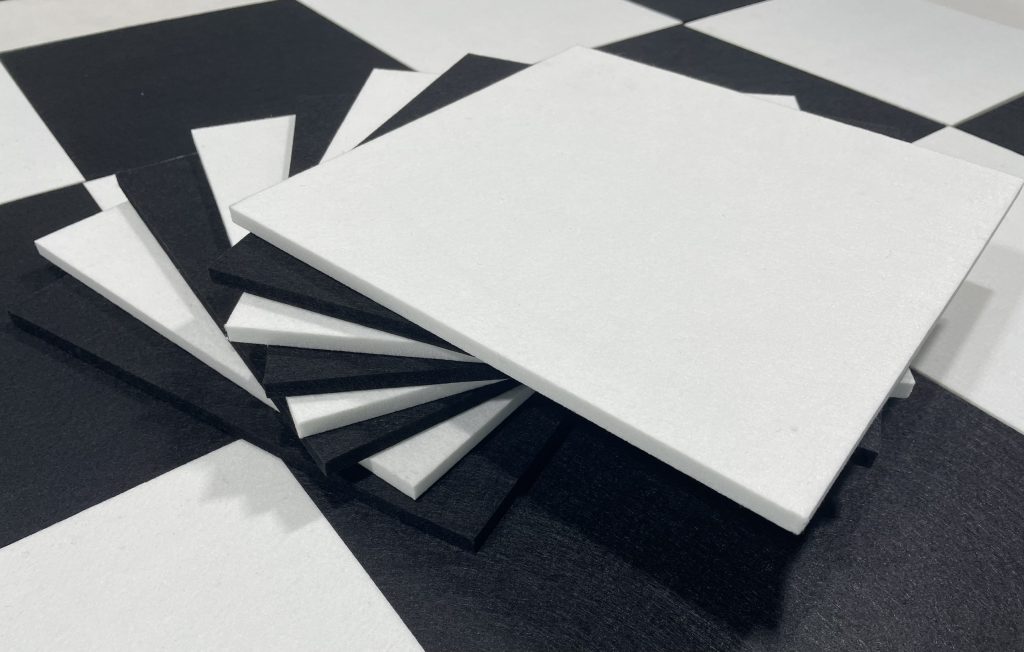
Soundproofing your home doesn’t have to be a difficult or expensive task. In fact, there are a number of different ways you can soundproof your home without breaking the bank. One of the most popular and effective ways to soundproof your home is by using soundproof panels. Soundproof panels are a great way to reduce noise pollution in your home and can be used in a variety of different ways. In this blog post, we’re going to show you how to maintain your soundproof panels so that they last for years to come.
Cleaning Your Panels
It is important to keep your soundproof panels clean in order to maintain their effectiveness. You can clean your panels with a vacuum cleaner or a soft cloth. Be sure to avoid using harsh chemicals or abrasive materials, as these can damage the panels. Regular cleaning will help to keep your panels looking and working like new.
Frequency of Cleaning
It is important to clean your soundproof panels on a regular basis to ensure optimal performance. The frequency of cleaning will depend on the environment in which the panels are used. For example, if the panels are installed in a room that is prone to dust, they will need to be cleaned more often than if they are installed in a room that is not as dusty. In general, it is recommended that you clean your soundproof panels at least once a month.
Types of Cleaners
There are a few different types of cleaners that can be used to maintain your soundproof panels. A damp cloth can be used to wipe down the panels, and a vacuum with a soft brush attachment can be used to remove any dust or dirt. If the panels start to look dull, you can use a mild soap and water solution to clean them. You should avoid using harsh chemicals or abrasive cleaners, as these can damage the panels.
Replacing Your Panels
If your soundproof panels are starting to show their age, it may be time to replace them. Here are a few things to keep in mind when shopping for new panels:
- Make sure the panels are made of high-quality materials. Cheap panels won’t do a good job of blocking out noise.
- Pay attention to the thickness of the panels. The thicker the panels, the better they will be at reducing noise.
- Consider the size of the panels. You’ll want to make sure the panels are large enough to cover the area you’re trying to soundproof.
- Make sure the panels are easy to install. You don’t want to have to hire a professional to remove, clean, and reinstall the panels for an extra cost.
When to replace your panels
If your soundproofing panels are starting to show signs of wear and tear, it may be time to replace them. Depending on the severity of the damage, you may be able to repair the panels with some touch-ups, but if the panels are too damaged, you’ll need to replace them entirely. Here are some signs that it’s time to replace your panels:
– Large cracks or holes in the panel
– Worn or peeling paint
– Damaged insulation
If you notice any of these problems, it’s best to replace the panels as soon as possible to ensure that your space is properly soundproofed.
